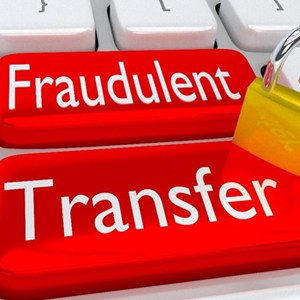 In this article, you can discover:
In this article, you can discover:
- The potential consequences of a proven fraudulent transfer,
- The common defenses against fraudulent transfer allegations, and
- The importance of intent and good faith in fraudulent transfer cases.
What Is The Consequence Of A Fraudulent Transfer?
If a fraudulent transfer is proven, the bankruptcy court can declare the transfer void and force the recipient to return the asset. If the asset is gone or has been spent, the court can enter a judgment against the recipient for the value of the transferred asset. This judgment amount must be paid to the trustee for distribution to creditors.
What Are The Defenses For Fraudulent Transfers?
Defenses for fraudulent transfers include:
- Disputing that the transfer meets the requirements of a fraudulent transfer (e.g., it wasn’t within the last two years, it wasn’t done with intent to hinder or defraud creditors, or it wasn’t done for less than reasonable equivalent value).
- Arguing that the transfer was made to a protected entity, such as a broker, contract merchant, or financial institution, which may be covered under safe harbor language in the bankruptcy code.
- Demonstrating that the transfer was made in good faith and without knowledge that the asset’s value was significantly undervalued.
How Can Intent And Good Faith Impact Fraudulent Transfer Cases?
Intent and good faith play important roles in fraudulent transfer cases. If the debtor can show that the transfer was made without the intent to hinder, delay, or defraud creditors, or if the recipient can prove they acted in good faith when accepting the transferred asset, these factors can serve as defenses against fraudulent transfer allegations.
For more information on Fraudulent Transfer In A Bankruptcy Case, an initial consultation is your next best step. Get the information and legal answers you seek by calling (847) 440-5998 today.

Bach Is Your Financial Future.
Contact Us Today! (847) 440-5998

